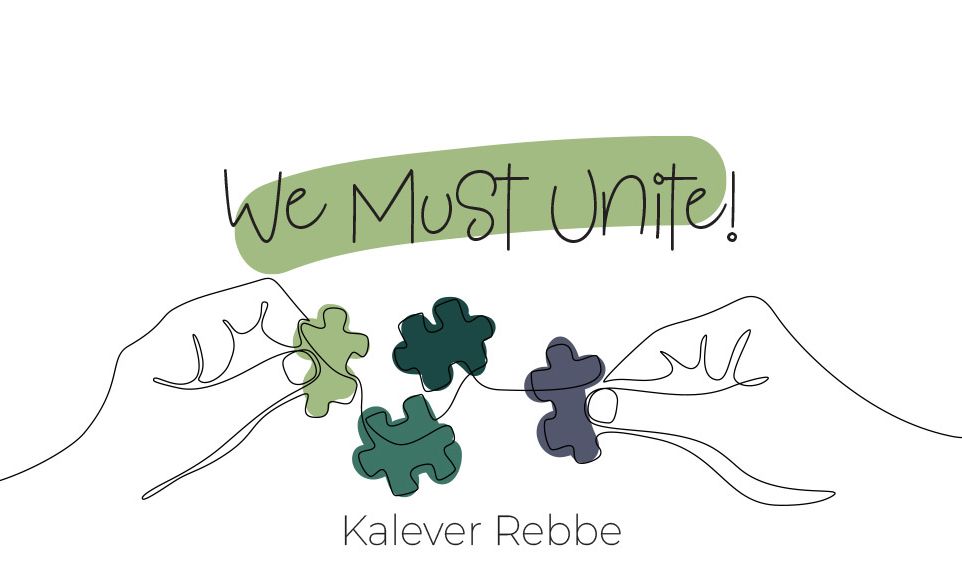
We Must Unite!
Rabbanim tell us that they are seeing a wave of teshuvah never seen before. What is the surest sign that our teshuvah is sincere? When there is unity amongst ourselves!

“They journeyed from Rephidim, and they arrived in the desert of Sinai, and they encamped in the desert, and Israel encamped there opposite the mountain”. (Shemot 19:2)
In my youth, I studied in the Belzer Yeshiva under the guidance of R’ Aharon of Belz, zt”l. When the war broke out in the Sinai Peninsula in 1956, I was forced to return home to my parents in New York. However, before I left, I asked my friends to write to me regularly the words of Torah from the Rebbe, zt”l.
My friend, R’ Binyomin Yosef Levi, zt”l, sent me a letter where he shared the following words of Torah that he had heard from the Rebbe on Shavuot:
“The Torah tells us, They journeyed from Rephidim, and they arrived in the desert of Sinai… Rashi explains, ‘But [it is repeated] to compare their journey from Rephidim to their arrival in the Sinai desert. Just as their arrival in the Sinai desert was with repentance, so was their journey from Rephidim with repentance.’
“My father, R’ Yissachor Dov, zt”l, asked, ‘How do we know that they did teshuvah before Har Sinai?‘
“On a simple level, you can answer that the Torah informs us that Israel encamped there opposite the mountain. Rashi explained that they were like one person with one heart. Since there was a true and sincere sense of unity, this was a very positive expression of teshuvah.“
The Teshuvah of Unity
We need to explain the connection between teshuvah and achdut, unity.
Typically, when there is a tragedy or a nation is suffering, people band together to help one another. Enemies become friends. Arguments are forgotten and they rally around the common cause of helping one another. As it says (Mishlei 17:17), for he is born a brother for adversity.
However, when the yidden were in Egypt, even though they were all subjected to the immense suffering of their slavery, the Satan successfully kept them from uniting, from banding together to help one another. Instead, he infused the Jewish people with strife and arguments.
Moshe Rabbeinu saw two Jews quarreling and they were going to strike one another. He intervened to stop them. However, afterwards, he heard that the Jews had told the authorities about what he had done. As it says (Shemot 2:14), Moses became frightened and said, “Indeed, the matter has become known!” Rashi quotes the Midrash that taught, the matter I was wondering about, [i.e.,] why the Israelites are considered more sinful than all the seventy nations [of the world], to be subjugated with back-breaking labor, has become known to me. Indeed, I see that they deserve it.
The Kli Yakar (Shemot 3:2) explained that this was why Hashem appeared to Moshe in the form of a burning bush. This alluded to the sin of strife that consumed Bnei Yisroel. In Egypt the Jews were surrounded by a consuming fire, yet they still were like a thorn bush, stabbing one another like thorns.
Mind and Heart
The difference of opinions is the leading cause of strife. Most arguments arise when there are two intelligent people who each have a strong, differing opinion on a certain topic. And these opinions lead to disagreements and bitter feelings.
However, these differing opinions should not cause division and hatred. Everyone must know with complete clarity that Hashem created each person with their own views, life experiences, and natural strengths. We are each created with a different personality and intellect. Just as Hashem creates each person with their own unique face, they also have their own unique ideas and opinions. We don’t hate someone else because they have a unique face. Therefore, how can we hate someone because Hashem created them with their own individual ideas and opinions?!
R’ Mordechai Shlomo of Boyan, zt”l, once attended a rabbinic conference that was focusing on community matters. During the conference, there was a tremendous debate between a few of the rabbinic leaders. The Rebbe said, “We may have disagreements and different opinions, but division in our hearts is forbidden.”
The Rebbe added: My holy ancestor R’ Avraham Yaakov from Sadigura said that this is alluded to in the mitzvah at tefillin. The tefillin on the head corresponds to the mind and we place in the tefillin four different parshiyot in four separate sections. When it comes to our minds, our thoughts, and opinions, there is room for differences. However, the tefillin that goes on the arm and corresponds to the heart has only one compartment teaching us that, even though we have different opinions, our hearts must be united, we still need achdut to be like one person with one heart.”
Haughtiness Caused Hatred
The attribute of haughtiness is what causes different opinions to lead to division and strife. Haughtiness drives someone to think that they are the smartest, most intelligent person and that they are better than everyone else. Therefore, only their opinion can be correct, and they must force everyone to agree. They discount everyone else’s viewpoints. They hate and despise everyone who does not agree or see things their way. This intensifies these disagreements and leads to even more amplified strife, division, and hatred. As Chazal taught us (Sotah 47b), From the time when those with boastful [zeḥuḥei] hearts proliferated, dispute proliferated in Israel.
When Hashem mercifully took the Jews out of Egypt, He orchestrated that they would first encounter the Amalek to remove this sin of arguments and strife. The war caused them to rally together around a common enemy. The threat of war helped humble their haughty hearts. They realized that they could only rely upon their Father in Heaven. As Chazal taught (Rosh Hashanah 29a) that the war with Amalek inspired their hearts to serve their Father in heaven.
This is the deeper meaning of our pasuk. They journeyed from Rephidim, and they arrived in the desert of Sinai… They traveled from Rephidim where they experienced the war with Amalek. And, they arrived in the Sinai Desert having done teshuvah over their sin of strife.
The pasuk continued, and they encamped in the desert… The “desert” denotes humility because a humble person makes himself completely void of self like a desert.
The pasuk concludes, and Israel encamped there opposite the mountain… They were finally united like one person with one heart.
Only then were they able to merit to accept the Torah and enter Eretz Yisroel.
**
The Kalever Rebbe is the seventh Rebbe of the Kaalov Chasidic dynasty, begun by his ancestor who was born to his previously childless parents after receiving a blessing from the Baal Shem Tov zy”a, and later learned under the Maggid of Mezeritch zt”l. The Rebbe has been involved in outreach for more than 30 years and writes weekly emails on understanding current issues through the Torah. Sign up at www.kaalov.org.



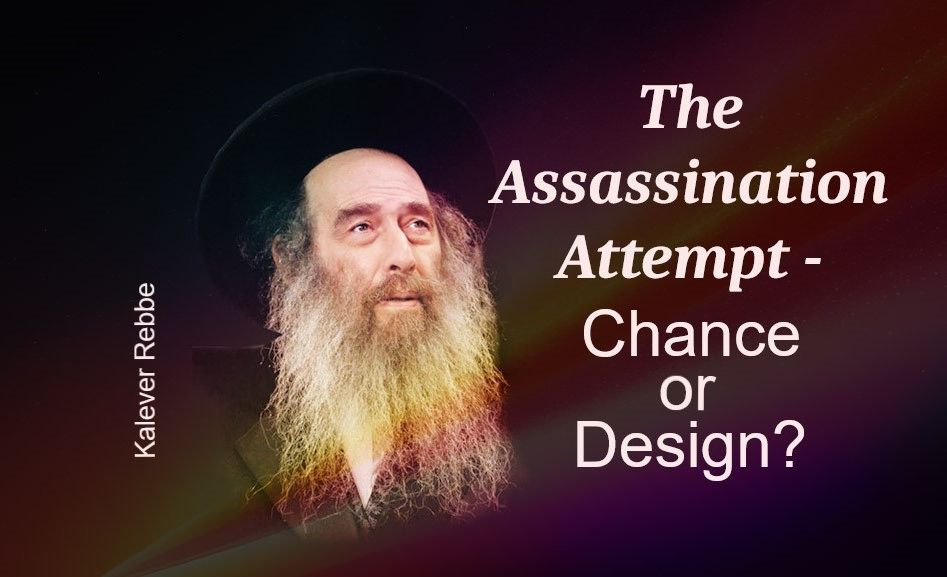
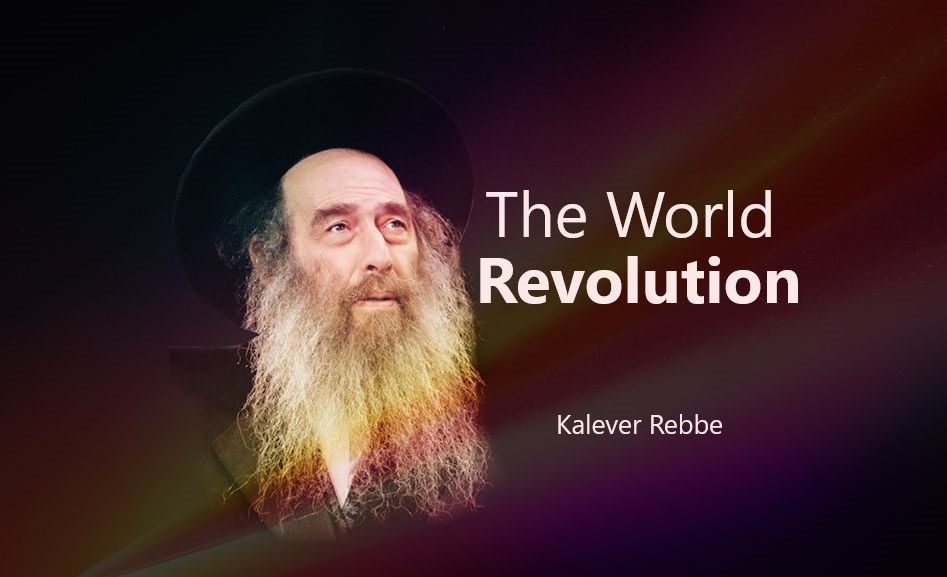


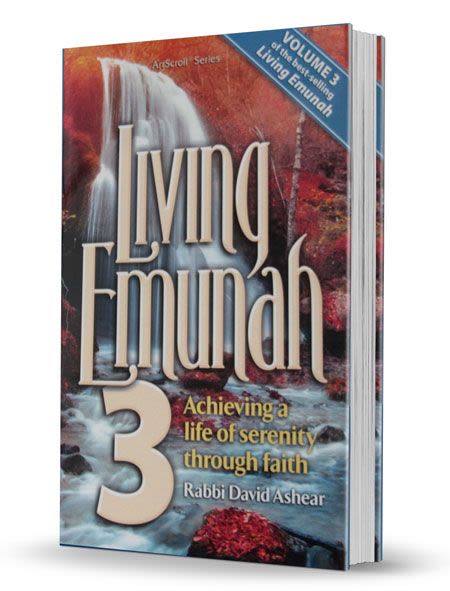



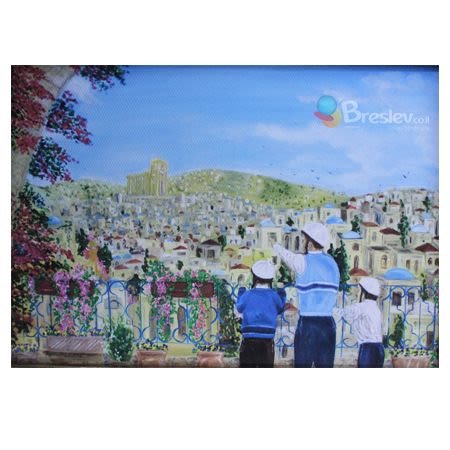
Tell us what you think!
Thank you for your comment!
It will be published after approval by the Editor.